How Doctors Are Using CBD for Treatment: A Comprehensive Guide
As cannabidiol (CBD) continues to gain mainstream acceptance, doctors and wellness professionals are integrating it into their treatment plans for various medical conditions. From pain management to mental health support, CBD is becoming a versatile tool in modern medicine. But which doctors are recommending CBD, and how are they using it to improve patient outcomes? Let's explore the role of CBD in healthcare and the professionals leveraging its benefits.
As cannabidiol (CBD) continues to gain mainstream acceptance, doctors and wellness professionals are integrating it into their treatment plans for various medical conditions. From pain management to mental health support, CBD is becoming a versatile tool in modern medicine. But which doctors are recommending CBD, and how are they using it to improve patient outcomes? Let's explore the role of CBD in healthcare and the professionals leveraging its benefits.
What Is CBD and Why Are Doctors Using It?
CBD is a non-psychoactive compound found in cannabis and hemp plants. Unlike tetrahydrocannabinol (THC), CBD does not produce a "high," making it a promising option for medical use. Research suggests that CBD possesses anti-inflammatory, analgesic, anxiolytic, and neuroprotective properties. Many doctors incorporate CBD into treatment plans due to its potential to alleviate symptoms associated with chronic pain, anxiety, epilepsy, and autoimmune disorders, among others.
Types of Doctors and Wellness Professionals Using CBD
1. Pain Management Specialists: Doctors specializing in pain relief frequently recommend CBD to patients suffering from chronic pain conditions such as arthritis, fibromyalgia, and neuropathy. Studies suggest that CBD interacts with the endocannabinoid system to reduce pain and inflammation, making it an alternative or complementary option to opioids.
2. Neurologists: Neurologists prescribe CBD to manage neurological disorders, particularly epilepsy. The FDA-approved drug Epidiolex, a CBD-based medication, is used to treat rare forms of epilepsy such as Dravet syndrome and Lennox-Gastaut syndrome. Research is ongoing regarding its potential role in treating multiple sclerosis (MS), Parkinson’s disease, and Alzheimer’s disease.
3. Psychiatrists and Mental Health Professionals: Psychiatrists and therapists are exploring CBD’s efficacy in treating anxiety, depression, PTSD, and insomnia. CBD’s ability to modulate serotonin receptors suggests potential benefits for mood regulation and stress relief. Some mental health professionals recommend CBD as an adjunct therapy alongside traditional treatments.
4. Oncologists: Cancer patients undergoing chemotherapy often struggle with nausea, loss of appetite, and pain. Some oncologists recommend CBD to alleviate these side effects and improve overall quality of life. Research suggests that CBD may also have anti-tumor properties, though more studies are needed to confirm its role in cancer treatment.
5. Rheumatologists: Rheumatologists treat autoimmune and inflammatory conditions like rheumatoid arthritis and lupus. Given CBD’s anti-inflammatory properties, many specialists incorporate it into holistic treatment approaches to reduce joint pain and stiffness.
6. Sports Medicine Doctors & Physical Therapists: Athletes and active individuals increasingly use CBD for muscle recovery and pain relief. Sports medicine physicians and physical therapists often recommend CBD-infused topicals, oils, and capsules to speed up healing and reduce inflammation.
7. Holistic and Integrative Medicine Practitioners: Holistic doctors, naturopaths, and integrative medicine specialists promote CBD as part of a whole-body wellness approach. Many use it alongside acupuncture, herbal remedies, and dietary changes to manage stress, sleep disorders, and chronic pain.
How Doctors Recommend CBD
CBD comes in various forms, including:
- Edibles: Easy to incorporate into daily routines.
- Topicals: Ideal for localized pain and inflammation relief.
- Sprays: Provides rapid effects but may not be suitable for all patients.
Doctors often start with a low dosage and adjust based on the patient's response. Some practitioners may also recommend full-spectrum CBD (which contains small amounts of THC) or broad-spectrum and isolate formulations depending on the patient's needs and legal considerations.
Final Thoughts
CBD is becoming a valuable tool in modern medicine, with doctors from various specialties incorporating it into treatment plans. Whether for pain management, neurological disorders, mental health, or overall wellness, CBD offers a natural alternative with promising therapeutic potential. As research continues to evolve, more healthcare professionals will likely embrace CBD as a standard part of medical care.



Share:
Functional Mushrooms for Daily Wellness
How Athletes Use CBD for Recovery: A Natural Edge in Sports